1. In recent times, along with the important results of the fight against corruption and negativity, many cadres and party members, including leaders at all levels, have been disciplined and criminally prosecuted. It is worth noting that some of them, while in office, were famous for their strong and decisive statements in directing and admonishing subordinates and the masses to strive to live well, make efforts to contribute, avoid temptations, fall into individualism leading to mistakes, political and moral degradation, "self-evolution", "self-transformation"...

General Secretary Nguyen Phu Trong delivers the closing speech at the mid-term conference of the 13th Party Central Committee. Photo: Nhandan.vn
In fact, many cadres, before their violations were discovered, loudly preached: Cadres, party members, and civil servants must work for the people, must not be corrupt or negative; must adhere to revolutionary ethical values, public service ethics; must strive to study and follow Ho Chi Minh's ideology, ethics, and style through practical, concrete actions to set an example for the masses... However, not long after, these cadres were "caught" by the law with a series of violations at the time before speaking or right when they were eloquently teaching their subordinates. These individuals demonstrated false integrity to cover up and conceal public opinion and the organization. They even thoroughly directed inspections, checks, and strict handling of subordinate cadres and employees with violations that they themselves were committing, in the style of "While their own feet are still covered in dirt, they hold a torch to rub other people's feet".
2. Public opinion cannot help but be indignant at those who are full of bad habits but do not correct themselves but instead scrutinize, evaluate, judge, educate, and lecture others. According to Major General, Doctor Nguyen Hong Thai, former Deputy Director of the Department of Science, Strategy and History of the Public Security, former Editor-in-Chief of the People's Public Security Magazine: "If your hands and feet are dirty and you continue to educate others, you cannot be an example; hiding your own shortcomings and lying to teach others is unacceptable. Such cadres who "scrutinize" others cannot be effective, and often get backlash." In particular, when there are many cadres in such a situation, it is easy to cause loss of trust in subordinates and the masses, because bad people scrutinize, criticize, and lecture others, in essence "saying one thing and doing another", saying but not doing, or saying the right thing, saying well but doing wrong, doing poorly.
There are many causes of this "disease", but the most fundamental cause comes from irregular and continuous training, leading to "self-evolution", "self-transformation", giving rise to bad habits, lack of exemplary behavior, affecting colleagues, teammates and the collective. There are also people who are lured, enticed, forced by impure individuals... leading to degeneration, seeking to discredit others. In reality, there are also people who seek positions and power, when climbing to a position of power, they show off by preaching, judging, imposing subjective opinions on subordinates and those around them, even abusing power to bring others down. In many cases, the subjective scrutiny and judgment come from jealousy, envy, so they seek to elevate themselves and lower others... People with this "disease" are willing to "pick on flaws", criticize, and speak ill of others in the style of "blind men touching an elephant", distorting, inferring, and fabricating all sorts of stories...
The above negative phenomena cause great consequences for individuals and organizations. Those who "have their own feet covered in dirt, yet carry a torch to rub other people's feet" make comrades and colleagues dissatisfied and indignant. Any agency or unit with such cadres is likely to lose solidarity. If the leader has such bad qualities, it will eliminate the spirit of self-criticism and criticism, leading to a situation where subordinates are discouraged and have negative thoughts. Good people are not recognized, which can lead to dissatisfaction and "self-evolution"; creating a favorable environment for "eels", "loach", flatterers, factionalists, incompetent but good at "relationships" to act in a tyrannical manner. The most dangerous consequence is that cadres "say one thing, do another", speak well but do poorly, making the masses indignant, losing faith in the Party, the State and the cadres and party members; even creating a mentality of doubt about the strong statements and drastic actions of leaders who truly have good qualities and abilities.
3. “Your own feet are still dirty, yet you carry a torch to rub other people’s feet” was an old saying to criticize the bad habit of nitpicking others while you yourself have many bad habits that you refuse to change; it implies that people should improve themselves first, only when you are truly good can you criticize and remind others effectively. On the contrary, if a bad person lectures and criticizes others, it will be counterproductive.
History has proven that the law of existence, development and the principle of the Party's activities is self-criticism combined with criticism. Any organization, if there is only criticism without self-criticism, will certainly weaken, lose unity and disintegrate. During his lifetime, President Ho Chi Minh advised: "Criticizing oneself as well as criticizing others must be thorough, thorough, honest, without any bias, without adding or subtracting. Must clearly point out both advantages and disadvantages. At the same time, do not use sarcastic, bitter, and malicious words. Criticize actions, not criticize people". People often put the clause "self-criticism" first, with the implication of "first blame yourself, then blame others", one must be exemplary to be able to speak for others.
In order to avoid the disease of “Your own feet are still dirty, yet you carry a torch to rub other people’s feet”, first of all, Party committees and organizations must strengthen education and reminders, making each cadre and Party member deeply and fully aware of the implications of this teaching; thoroughly grasp and properly implement the principles of self-criticism and criticism in Party activities. At the same time, it is necessary to maintain and strictly implement the Party’s regimes and principles; take measures to remind, orient and require Party members to uphold the spirit of fighting for self-criticism and criticism. In particular, Party committees and superior leaders must regularly pay attention to inspection and supervision, take measures to promptly detect, rectify and require leading and key cadres at lower levels to properly implement the principles of self-criticism combined with criticism, ensure strict compliance with the principles of democratic centralism, collective leadership and individual responsibility; constantly cultivate, train and truly set an example for the masses. The practice of setting an example must be given special attention, ensuring that words go hand in hand with actions, leaders act first, set an example first. Strengthen inspection, supervision, detection and timely handling of violations, cadres who do not set an example, spread distorted rumors, slander others or send false, anonymous, or impersonated denunciations...
In addition, agencies and organizations need to pay attention to building a cultural, civilized, and united working and living environment; ensuring democracy, publicity, and transparency in work contents, regimes, and policies in accordance with regulations to create consensus and clarity in ideology, eliminating "dark spaces" and ambiguity that create opportunities for bad habits to arise.
Source


![[Photo] Prime Minister Pham Minh Chinh meets the Vietnamese community in Malaysia](https://vphoto.vietnam.vn/thumb/1200x675/vietnam/resource/IMAGE/2025/5/25/1f11d1256d7745a2a22cc65781f53fdc)
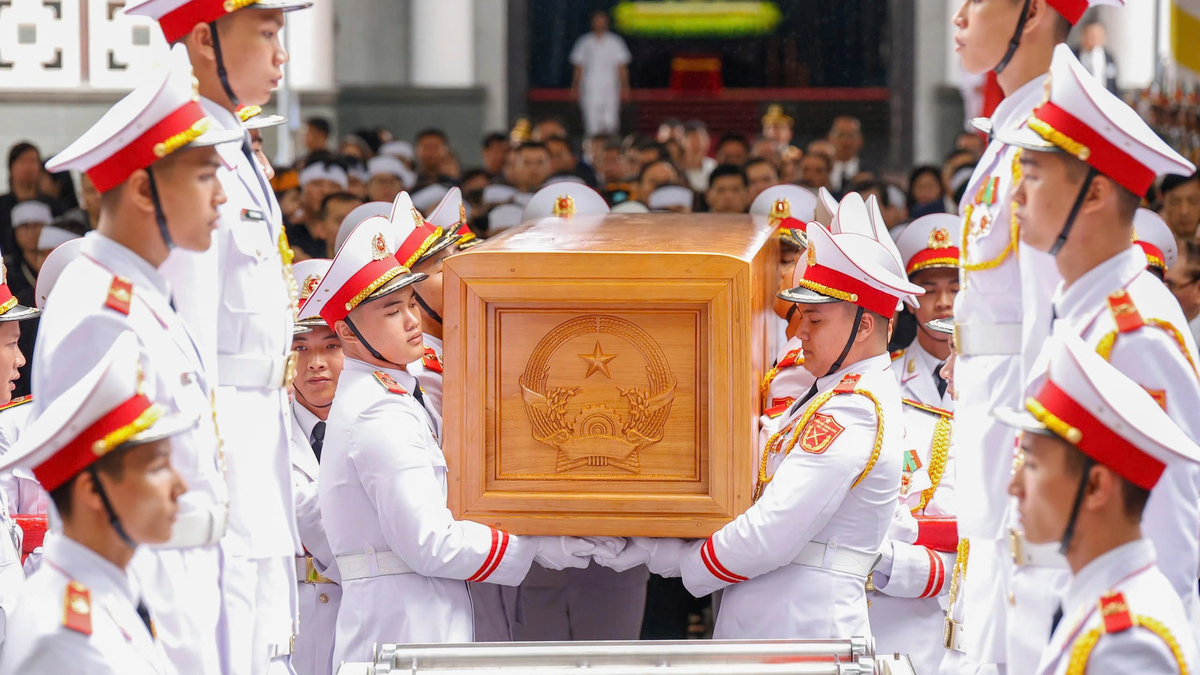
![[Photo] Memorial service for former President Tran Duc Luong in Ho Chi Minh City](https://vphoto.vietnam.vn/thumb/1200x675/vietnam/resource/IMAGE/2025/5/25/c3eb4210a5f24b6493780548c00e59a1)
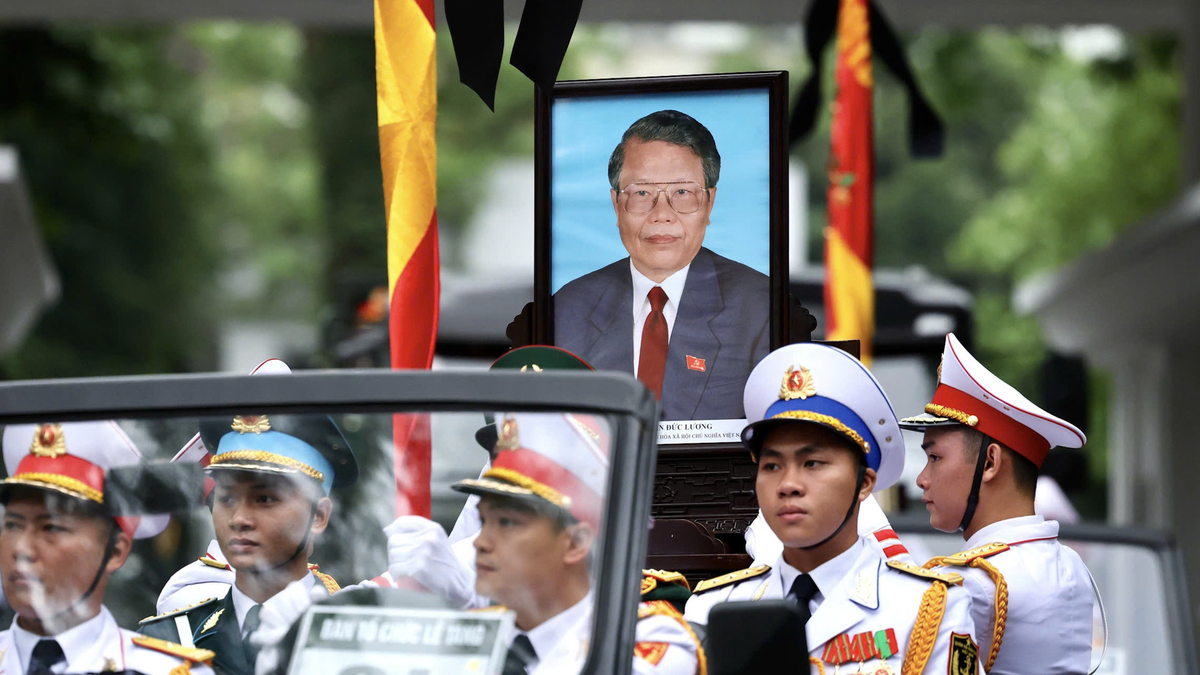
![[Photo] President Luong Cuong receives Lao Vice President Pany Yathotou](https://vphoto.vietnam.vn/thumb/1200x675/vietnam/resource/IMAGE/2025/5/25/958c0c66375f48269e277c8e1e7f1545)
![[Photo] President Luong Cuong receives Vice President of the Cambodian People's Party Men Sam An](https://vphoto.vietnam.vn/thumb/1200x675/vietnam/resource/IMAGE/2025/5/25/6f327406164b403a8e36e8ce9d3b2ad2)
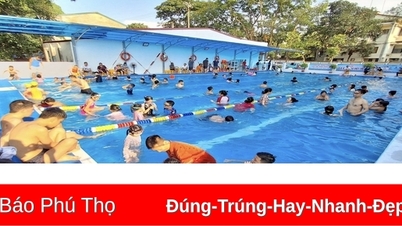





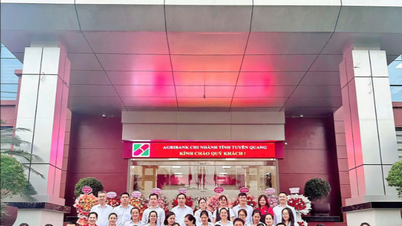

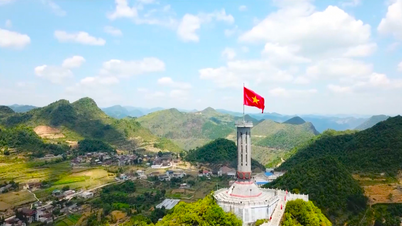
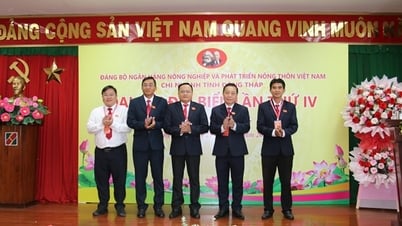

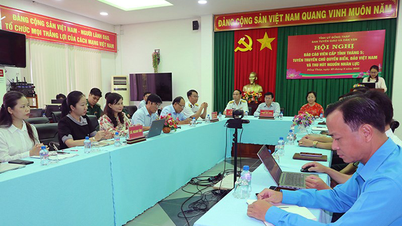
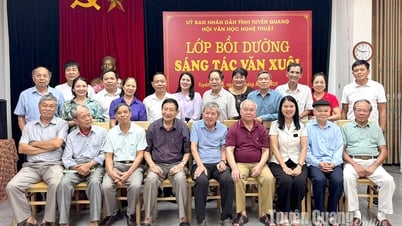

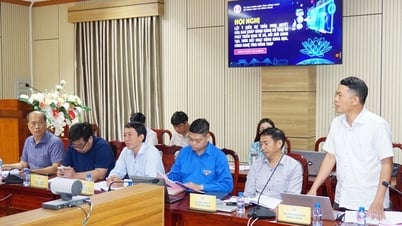













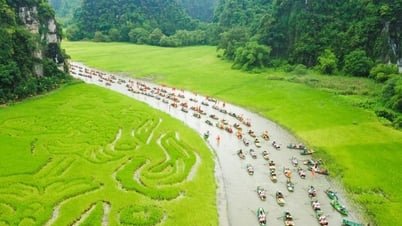

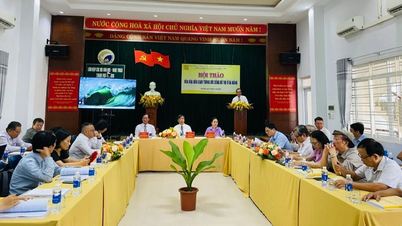

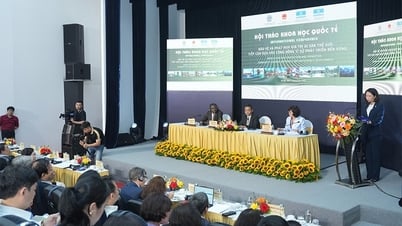










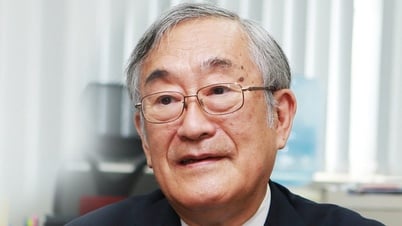

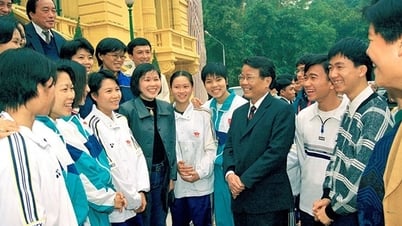





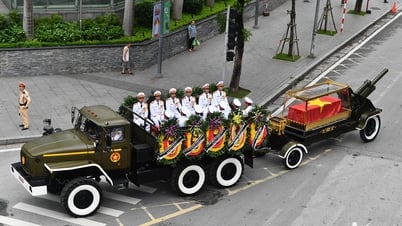


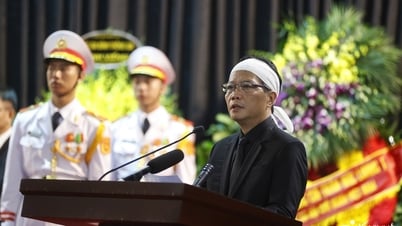
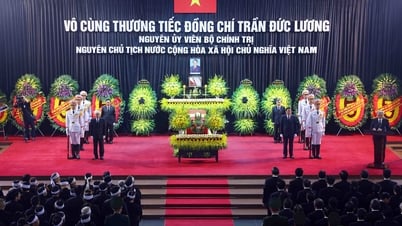
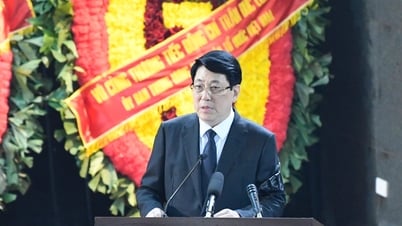










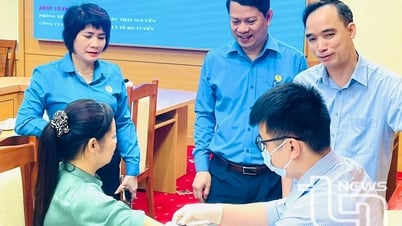







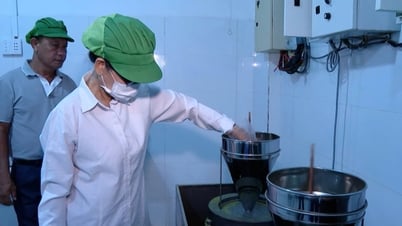




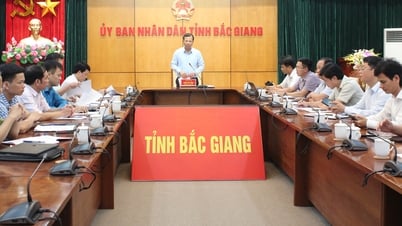



Comment (0)